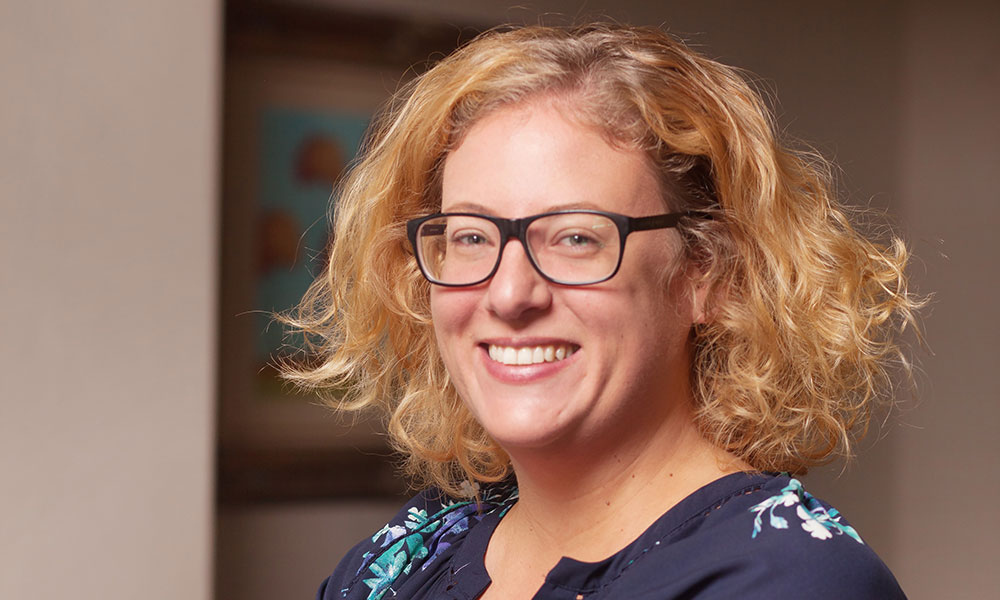Groundbreaking research by a Denison University sociologist has shed new light on the controversial topic of the value of “thoughts and prayers” in response to natural and human-caused disasters.
An experiment conducted by Assistant Professor Shiri Noy, of the Department of Anthropology and Sociology, found that Christians who suffer adversity value thoughts and prayers from religious strangers, while atheists and agnostics believe they are worse off from such gestures. The research appears in the prestigious scientific journal Proceedings of the National Academy of Sciences.
“We have found that the value of “thoughts and prayers” to recipients varies considerably, depending on the religious identities of the recipients,” says Noy, who conducted the research in conjunction with University of Wyoming Associate Professor of Economics Linda Thunström.
The debate over the value of “thoughts and prayers” has come to the forefront as a result of the verbal responses of political and other leaders to mass shootings and natural disasters such as hurricanes and wildfires. Some critics argue that expressing sympathy through thoughts and prayers is a meaningless gesture in response to tragedy — and that, in some cases, it’s an excuse to not take action.
Noy and Thunström investigated the perceived value of “thoughts and prayers” through a study that placed economic value on “thoughts and prayers” through an experimental survey of victims of Hurricane Florence in North Carolina last year. They found that, from the perspective of Christian hurricane victims, the monetary value of prayers by others on their behalf was significant. Meanwhile, atheists and agnostics were “prayer-averse,” placing a negative monetary value on prayers on their behalf by others. In other words, they often would pay to not have someone share “thoughts and prayers” with them.
“Our results suggest that thoughts and prayers for others should ideally be employed selectively,” Thunström and Noy wrote. “While Christians value such gestures from fellow believers, nonreligious people negatively value such gestures from Christians and are indifferent to receiving them from other nonreligious people.”
Specifically, the study found that, on average, Christian hurricane victims value prayers from a Christian stranger at $4.36 and $7.17 from a priest. In contrast, nonreligious people are willing to pay $3.54 for a Christian stranger and $1.66 for a priest to not pray for them.
Likewise, Christians value thoughts from a religious stranger at $3.27, while nonreligious people negatively value the same gesture (-$2.02).
“The finding that Christians benefit from intercessory prayers, while the welfare of atheists/agnostics is reduced by such gestures, underscores the divide in this popular response to hardships,” Thunström says.
“Our results also might reflect the political and religious polarization in the United States,” say Noy and Thunström. “We find that it matters who sends the gesture — Christians value gestures from other religious Christians, while nonreligious attach a higher value to supportive gestures from other nonreligious. A deeper understanding of the values and beliefs of different groups with respect to thoughts and prayers may, however, reduce some of the animosity surrounding thoughts and prayers in the public debate.”
The researchers were interviewed by the Washington Post on this topic and coverage of this research has appeared across the U.S. and abroad (including in CNN, the Guardian, and media outlets ranging from Brazil to Italy).
